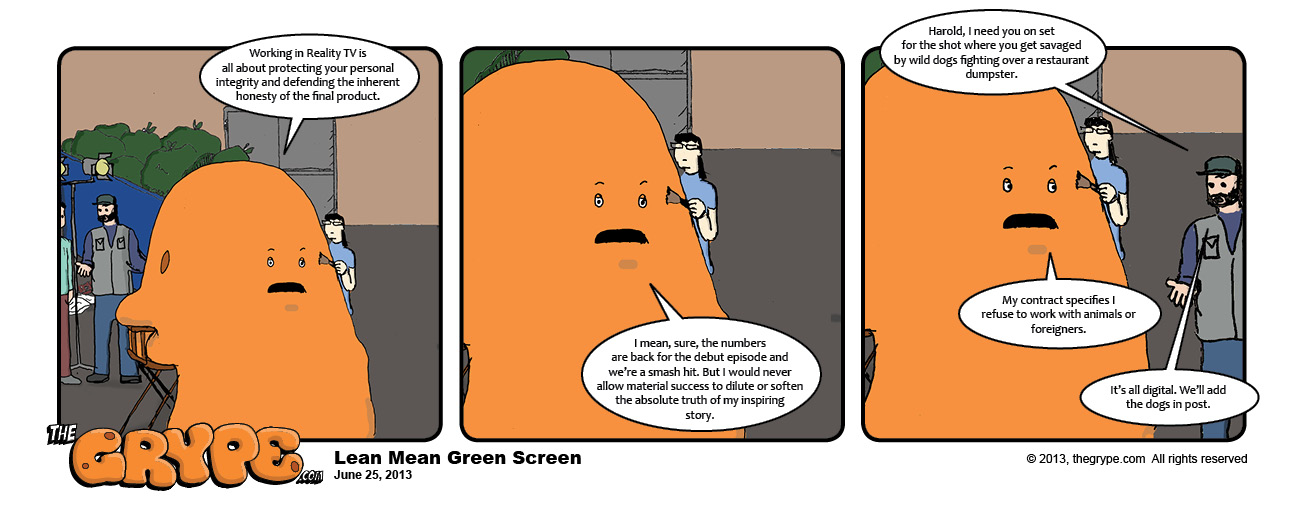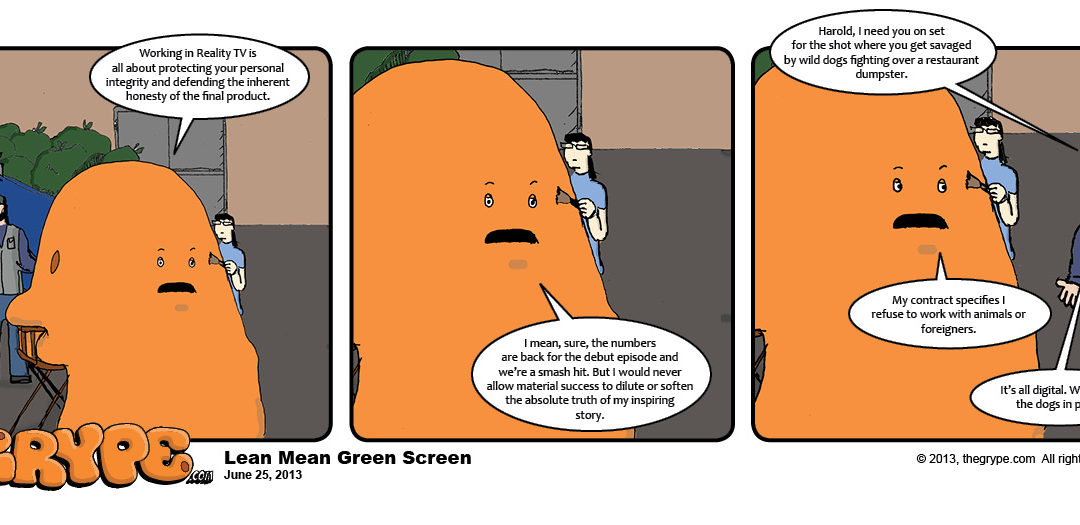 Times are tough. Should we raise the Minimum Wage? Would it help or harm our economic recovery?
Times are tough. Should we raise the Minimum Wage? Would it help or harm our economic recovery?
For starters, anything that injects purchasing power into the Middle Class is a win for our economy. What damages our economy is when wealth is removed from the marketplace and perpetually trapped in the bank accounts and vaults of people and entities who fail to use it (“use” meaning “re-injecting it back into the marketplace”) at an equitable rate. Raising the minimum wage supports the Middle Class. That makes it a good thing for everyone except would-be cash hoarders.
Beware… this is where readers start grumbling about “communism” and asking “what about the price and wage controls under Nixon?”
First of all: Nixon did that essentially as a campaign stunt. An incredibly popular, but ridiculously STUPID, campaign stunt. It worked as planned and got him overwhelmingly elected in ’72. But it was an idiotic abuse of Presidential power that should never be repeated.
Secondly, Nixon FROZE ALL PRICES and ALL WAGES. From the bottom up. The result was massive, record inflation. Because OF COURSE IT WAS. It screwed up the U.S. economy for years after.
That’s not really the same thing as setting a lower end on the wage scale (except in the most general, oblique way).
The Minimum Wage is one-sided. It sets a hard minimum per hour wage, but it doesn’t cap salaries or freeze them. Wages can go as high as anyone wants to raise them; it just shifts where they start.
A higher Minimum Wage does slightly increase unemployment among teenage workers and the handicapped. Also it causes minor price increases for certain goods and services, as the most vulnerable industries adjust to the higher wage outlay. Labor cost is always a factor in economics. That’s why we have laws to protect the labor force in the first place: to set certain hard limits that prevent rampant exploitation.
But a higher Minimum Wage also adds additional incentive for workers to stay in the work force, reduces the strain on government aid programs, and shifts the corporate payroll-to-profit ratio slightly toward the Middle and Working classes. Which doesn’t play well to anyone of a strictly laissez-faire bent who are focused purely on corporate profit as an indicator of economic success, but which assures that there will be enough wealth left in the hands of mass consumers to keep the economy healthy.
There’s a lot of outrage whenever minimum wage laws get discussed, comparing current minimum wages to the massive salaries of corporate CEOs (as if the disparity between those numbers was somehow criminally unfair). But CEO salaries— like celebrity salaries or pro athlete salaries— really don’t have much to do with anything, provided those on the high end spend what they earn to help keep the system running, rather than off-shoring it. Salaries are relative; their size should depend on the market value of the service being provided and capped only by what the market will bear.
But history shows that the minimum wage worked just fine right up until Americans got freaked out by rising foreign competition in the late 1960’s and Nixon left the gold standard, killing Bretton Woods, freezing wages and prices, and crashing the stock market. And then resigning, leaving poor Gerald Ford to hem and haw as the economy tanked, followed by Jimmy Carter’s ineffectual remonstrances that the American people must tighten their belts and implement austerity measures. As if that was really ever going to work for long with the American public. :Þ
But why should taxpayers have to foot the bill paying out supplemental aid to the working poor so megacorporations like Walmart can pay their employees sub-poverty wages?
For the record: 5 USA states have now connected their minimum wage directly to the Consumer Price Index (cost of living). Which makes the most sense.

